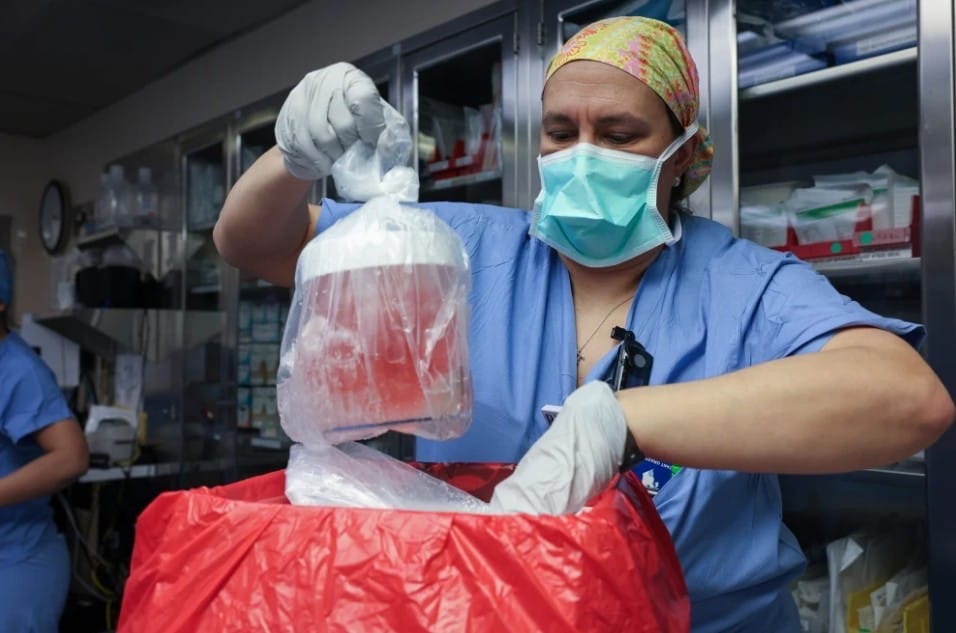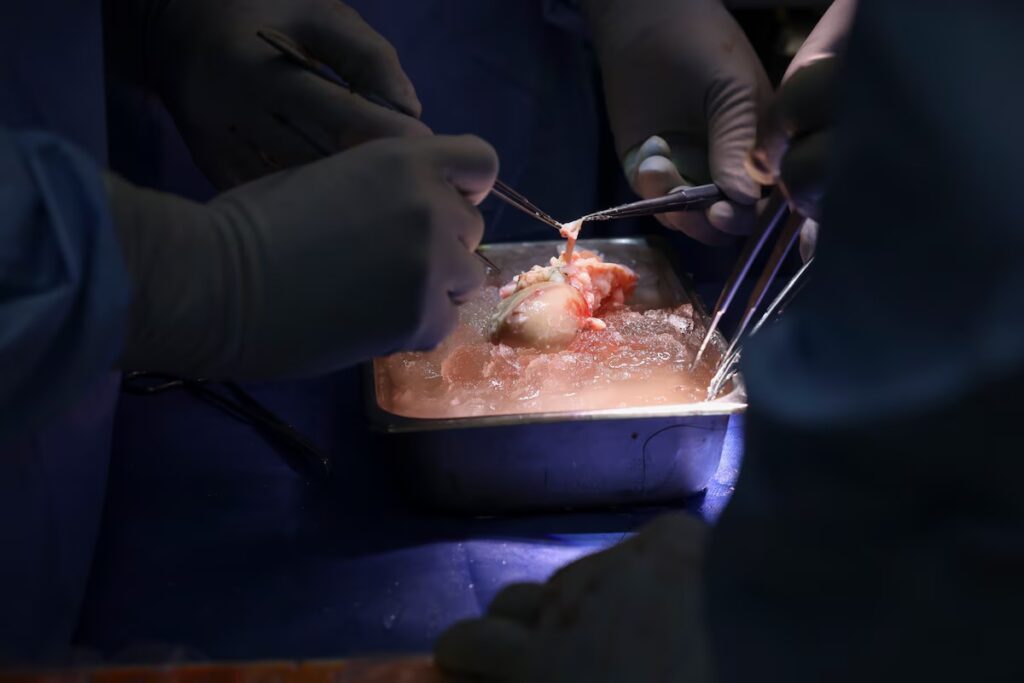
Faith Nyasuguta
Richard Slayman, a 62-year-old man, is recuperating at home after undergoing a groundbreaking kidney transplant procedure involving a genetically edited pig kidney.
The surgery, conducted at Massachusetts General Hospital in Boston on March 16, marked a significant milestone in medical history, making Slayman the first living person to receive such a transplant.
According to a statement released by the hospital, Slayman has been discharged and is reported to be “recovering well.” The success of the surgery is credited to years of extensive research, preclinical studies, and collaborative efforts among medical professionals.
Slayman’s journey to receiving the pioneering transplant began over a decade ago when he was diagnosed with kidney disease. Despite undergoing a human kidney transplant in 2018, his health continued to deteriorate, leading to his desperate need for a new kidney.

The decision to proceed with the pig kidney transplant required approval from the Food and Drug Administration (FDA) under its “compassionate use” rules, given Slayman’s critical medical condition and the lack of alternative treatment options.
The procedure involved making 69 edits to the genetic code of the pig kidney to reduce the risk of rejection by Slayman’s immune system. This breakthrough offers hope to the more than 550,000 kidney patients in the United States undergoing dialysis, suggesting potential advancements in organ transplantation and the eventual obsolescence of dialysis as a treatment method.
Slayman expressed his gratitude and relief at being able to leave behind the burdensome dialysis treatments that had significantly impacted his quality of life for many years. His discharge from the hospital marks a new chapter in his journey towards improved health and well-being.
Despite the success of Slayman’s surgery, the shortage of available human organs for transplantation remains a pressing issue. As of February 2023, over 88,000 people were on the waiting list for kidney transplants in the United States alone. The use of genetically modified pig organs holds promise in addressing this disparity and providing life-saving transplants to those in need.

However, challenges and risks associated with xenotransplantation, the process of transplanting organs from one species to another, persist. Previous cases involving animal organ transplants have encountered complications, highlighting the need for ongoing research and vigilance in the field of organ transplantation.
In recent years, two patients who received pig heart transplants ultimately succumbed to rejection and other complications. While these setbacks underscore the complexities of xenotransplantation, they also underscore the need for continued efforts to push the boundaries of medical science and provide hope to patients facing life-threatening conditions.
As Slayman continues his recovery journey, his story serves as a beacon of hope for countless individuals awaiting life-saving organ transplants worldwide. The successful transplantation of a genetically edited pig kidney represents a significant advancement in the field of medicine and offers renewed hope for those in need of organ transplants.
RELATED:




